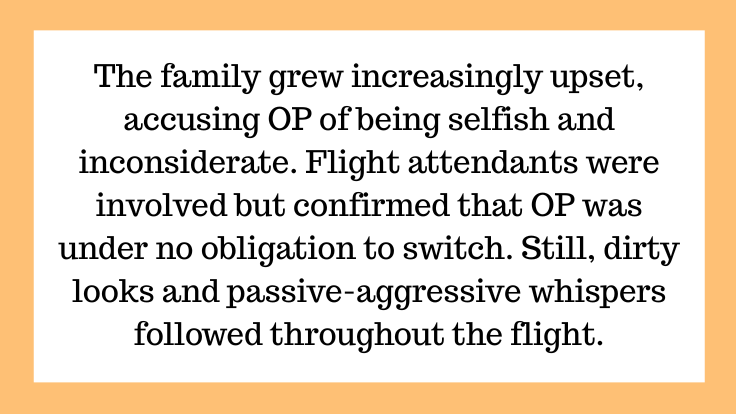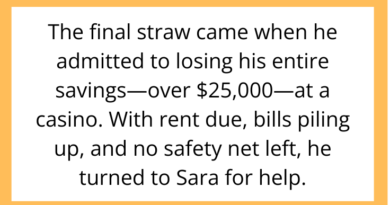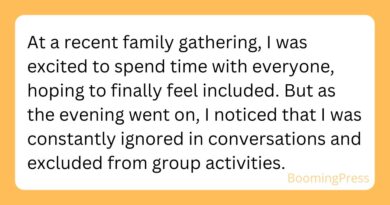Am I the Jerk for Refusing to Switch Seats on a Plane So a Family Could Sit Together?
Imagine boarding a long-haul flight, securing your preferred window seat after booking weeks in advance, only to be asked to switch with someone who booked late. That’s exactly what happened to one Reddit user who took to the r/AITAH community for perspective—and the story quickly went viral.
This scenario taps into a very modern dilemma: personal convenience versus social courtesy. In this case, it’s about travel etiquette, boundaries, and the growing trend of entitlement in public spaces.
The Situation: A Family Asks, a Stranger Refuses
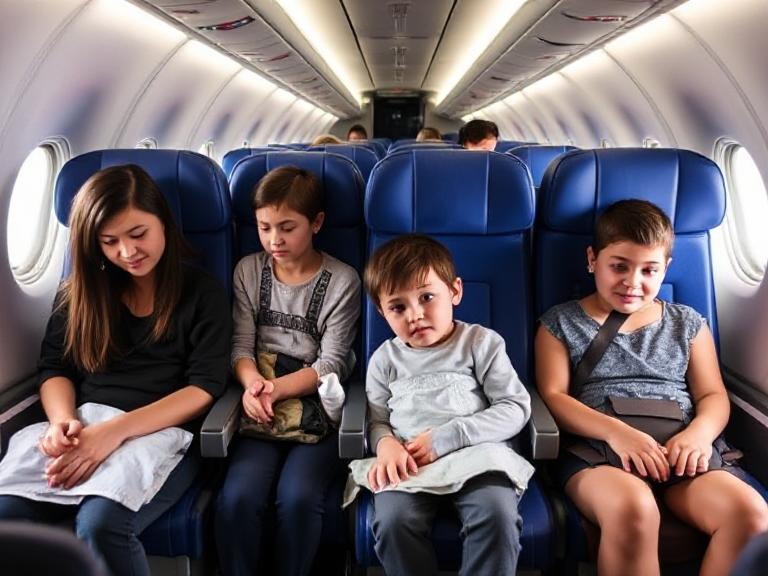
OP (Original Poster) had a 10-hour flight and had specifically chosen a window seat in advance. Once on board, a family of four approached and asked if OP would switch with the dad so that he could sit next to his wife and two kids. The alternative seat? A middle seat several rows back.
OP politely declined.
The family grew increasingly upset, accusing OP of being selfish and inconsiderate. Flight attendants were involved but confirmed that OP was under no obligation to switch. Still, dirty looks and passive-aggressive whispers followed throughout the flight.
After arriving at the destination, OP’s inbox was flooded with mixed responses. Some applauded the decision to stand their ground; others called OP cold and lacking empathy.
So, OP asked the AITAH community: Am I the jerk for refusing to give up my assigned plane seat so a family could sit together?
Why Plane Seat Disputes Are So Common
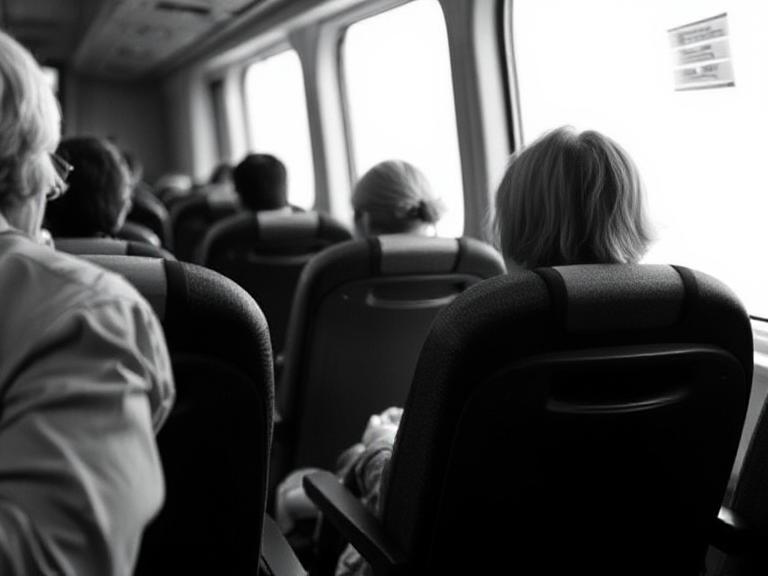
Assigned Seats Exist for a Reason
Airlines offer passengers the opportunity to choose their seats—sometimes at an additional cost—so that travelers can secure comfort, convenience, or proximity to their party. In many cases, like with long flights, that small detail can make or break the experience.
By asking OP to give up a pre-selected seat for a less desirable one, the family essentially shifted the consequence of their poor planning onto a stranger.
“Family First” Doesn’t Mean “At Everyone Else’s Expense”

It’s understandable that parents want to sit with their children, especially on long flights. But that doesn’t automatically obligate others to accommodate them—particularly when the request results in a downgrade for the person being asked.
OP wasn’t being mean; they were simply saying no to something they didn’t agree to.
Travel Entitlement: A Growing Issue

Many travelers have observed a growing trend: people who expect others to adjust their plans for their convenience. Whether it’s switching seats, sharing overhead bin space, or accommodating unruly children, boundaries often get blurred midair.
This situation is not about denying help. It’s about mutual respect—and making others pay the price for someone else’s disorganization isn’t respectful.
The AITAH Community Weighs In: Not the Jerk

The Reddit verdict was resounding: OP is not the jerk.
Commenters shared their own similar experiences and echoed a few key points:
-
“You paid for a specific seat. You don’t owe anyone your comfort.”
-
“The family should have spoken to the airline before boarding—not pressured a stranger.”
-
“Good intentions don’t override someone else’s rights.”
Many users pointed out that the real responsibility lies with the airline and the family, not with OP, who simply wanted a peaceful flight in the seat they chose.
A Deeper Look: Boundaries and Empathy Can Coexist

You Can Be Kind Without Being a Doormat
Saying “no” isn’t cruel. OP didn’t mock the family, raise their voice, or create a scene. They just politely declined. That’s not lacking empathy—that’s setting a boundary.
Empathy doesn’t mean sacrificing your well-being to fix someone else’s problem. Especially if that someone had ample time to prevent the problem in the first place.
Is There Ever a Time You Should Switch?
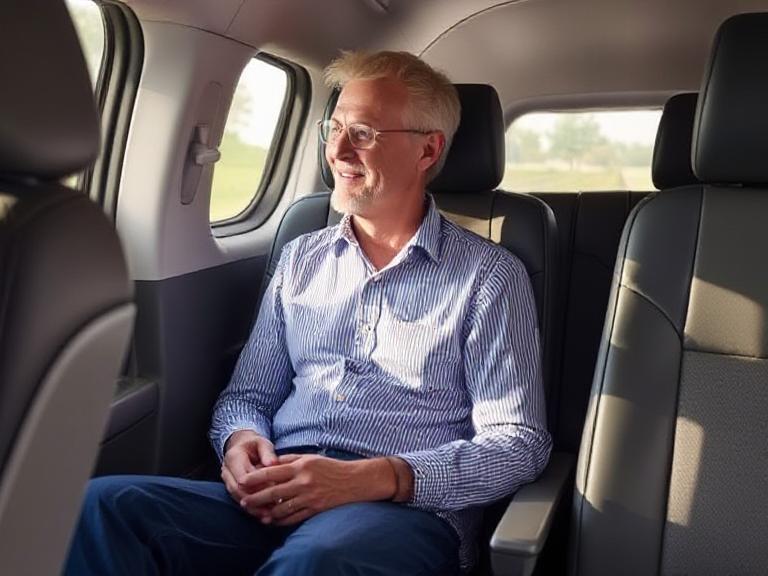
Of course, every situation is unique. A few users noted they might have considered switching if:
-
The exchange was seat-for-seat (window for window).
-
The person asking was in a true emergency (e.g., disability or trauma).
-
They were offered compensation like frequent flyer miles.
But in this story, OP was being asked to take a worse seat—for no other reason than convenience.
Lessons for Future Flights

1. Plan Ahead
If sitting together is critical, book your seats early or pay the upgrade fee. Airlines typically give options to select seating in advance.
2. Don’t Expect Others to Inconvenience Themselves
No one is required to trade comfort for you. If you’re asking someone to give up something valuable (like a better seat), be prepared for a no—and accept it graciously.
3. Support Polite Declines
We often say “no” with guilt, but OP’s story proves that standing your ground doesn’t make you the bad guy. It just makes you someone who knows their limits.
Final Thoughts: Saying “No” Doesn’t Make You the Villain
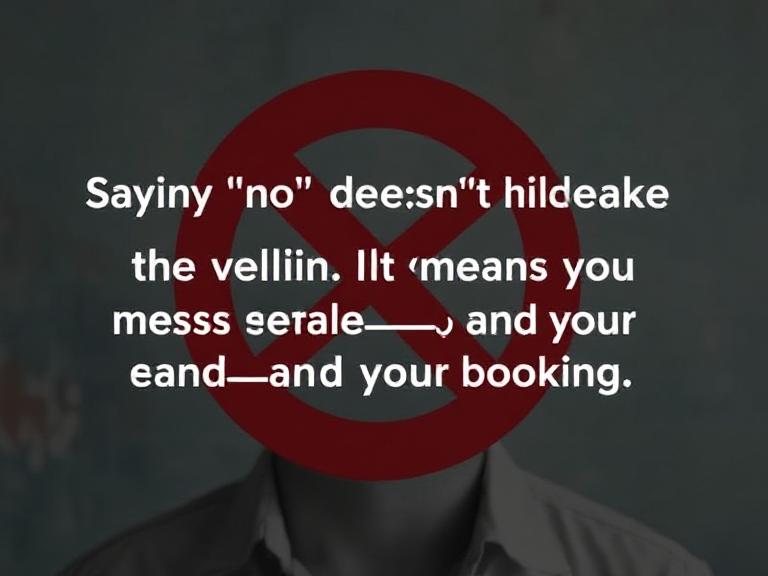
Travel brings out the best—and the worst—in people. Crowded cabins, tight timelines, and different priorities often collide midair.
But at the end of the day, personal responsibility still matters. OP paid for their seat, planned ahead, and politely declined a downgrade. That’s not being selfish. That’s exercising the right to a choice.
And in an age of entitlement and blurred social boundaries, sometimes that’s exactly what’s needed.
